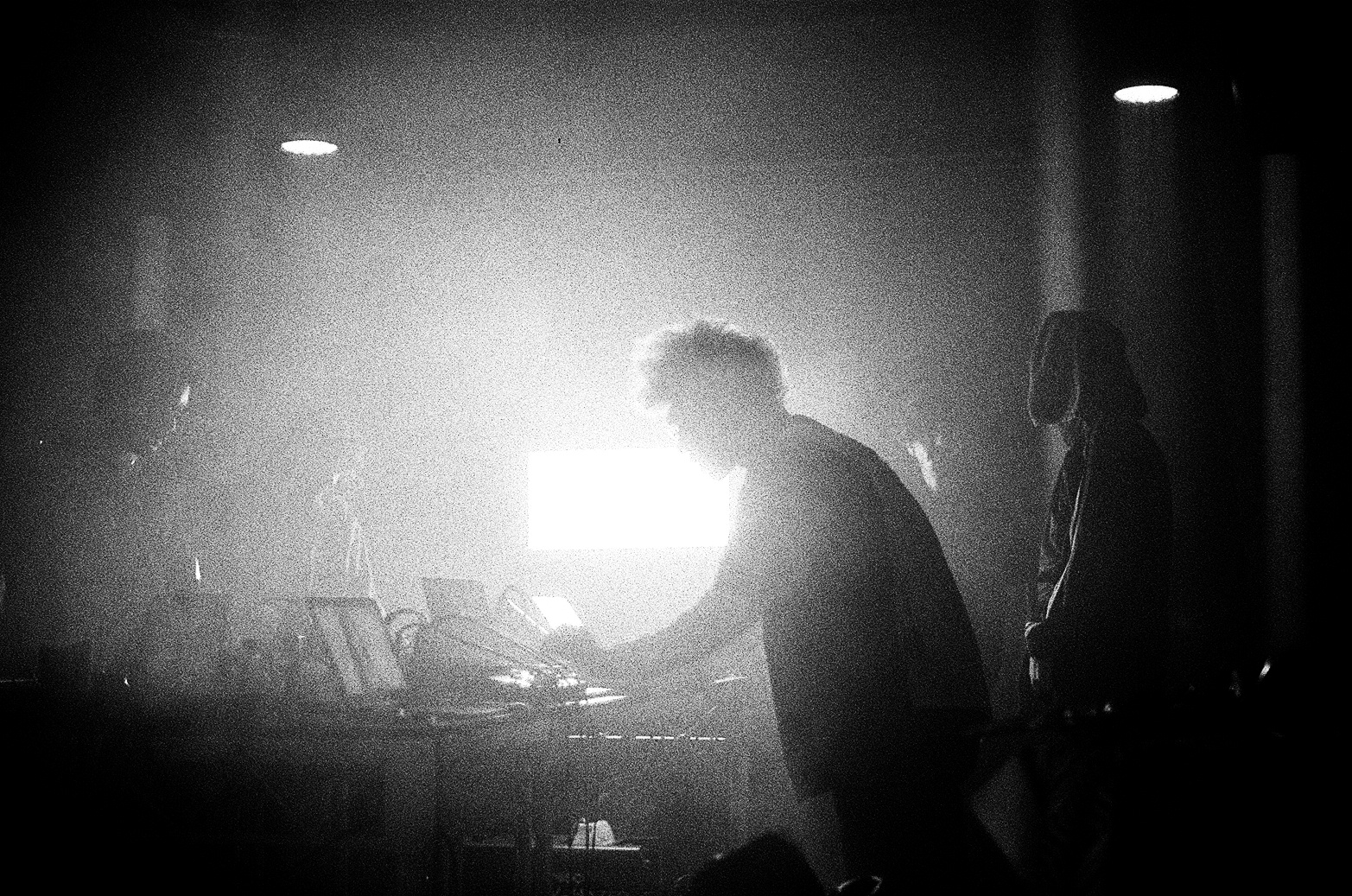🧑 Joe Hardy (he/him) 📍 Eora
👇 writing and photography, mostly about music and culture
For work, I help teams be amazing. You can hire me.
I'm also the creator and co-founder of SydneyMusic.net
Interests: music, community, how people think, photography, social and environmental impact of tech
World's Only @ Phoenix Central Park 30/01/2024

I've Quit My Job To Focus On Making SydneyMusic Viable
Big life news! I've quit Nine and am making myself available as a consultant.
* * *
My mission for this year is to make SydneyMusic.net viable. It’s proven itself to be a valuable community resource, now we need to make sure it can be sustainable.
I intend to achieve that by developing an operating model and securing funding for the organisation that allows it to thrive and grow to the next stage.
We presently spend about 20 hours a week making SydneyMusic work. This includes updating the gig guide, responding to emails, curating the playlist, maintenance on the website - the list goes on. Unfortunately alongside a full-time day job, that doesn’t leave a lot of time to work on anything other than looking after the project’s core needs.
* * *
To fund my journey and enable more flexibility to solve this challenge, I have quit full-time work and am making myself available for consulting engagements with the skills that have defined my career to date.
The buzz term is “fractional CTO” - really, I’m just available to bring my skills in strategy and team leadership to help you with your needs.
If that sounds interesting to you, my skills, experience and contact details are here.
SydneyMusic Gig Guide Update Soundtrack 29/01/24
128 gigs added to the guide this week - this time mostly sourced from our scrapers. Thanks as always to Darsh for chucking a few discoveries into the mix!
If you have some scripting skills and feel like tackling some data structures, we could use your contributions! For a reference schema, take a look at our destination data structure (this is where we key in the gigs before importing it to Contentful via a simple node.js script)
* * *
Today's Gig Guide Update Soundtrack contains minimalist meanderings, contemplative textures, and spectral jazz.
• Bibio - Phantom Brickworks IV & V (EP) [Bandcamp]
Seem to have a pattern of starting these update evenings by looking for a nice long, minimalist piece - perhaps to clear my head from the day that's been - and this was today's.
• Which, speaking of - I forgot to mention in last week's post that I started that evening with Yo La Tengo's Night Falls On Hoboken.
• Microfiche - Live at 107 (Residency Highights) (LP) [Bandcamp]
Gorgeous compilation of live highlights recorded in Redfern, featuring a number of guests - Bonniesongs, Sia Ahmed, Chris Abrahams, Phil Slater.
• Jeremy Cunningham, Dustin Laurenzi, Paul Bryan - A Better Ghost (LP) [Bandcamp]
This knocked me sideways when I first came across it - beautiful ambient (but approachable) jazz with a strong melodic sensibilities. It doesn't hurt having all of those beds of texture formed from effected loops and OP-1 patterns bubbling away underneath.
• Blue Divers - II (LP) [Bandcamp]
Sparse, repeated electric guitar and synth motifs from this Wollongong collective with layers of loose improvisations contributed remotely by various collaborators - hushed, mesmerising, contemplative. Would have played this to my kids if I had this around when they were babies - they just got Beach House, Brian Eno and Helios instead. Released on Bedroom Suck Records.
Dulwich Hill Experimental Music Series "Ms. Kitteridge & Bok Choy"
It's phenomenal to see that this Dully improvisational jazz and experimental music series is continuing into 2024.
Ms. Kitteridge & Bok Choy is a series of shows run by Living Room Theatre and their latest line-up of shows is an absolute belter.
Check the full line-up here - includes the likes of Laurence Pike's absolutely brilliant quartet BELIEVE, the sublime Microfiche, Monica Brooks [this Wednesday, don't snooze], and a quartet that has members of Microfiche as well as The Buoys' Hilary Geddes - there's heaps more, go take a look.
World-class stuff in in Sydney's suburbs on an ordinary Wednesday. We love to see it.
If this sort of stuff floats your boat, don't sleep on Monday Night Confessions at Church St Studios in Camperdown as well.
Three Lads
Ever think about how we got from Dan Cunningham's soaring, angelic vocals of Parades or Light Giant's Waste of Wine to our present day in the space of a decade? Now that's artistic evolution.